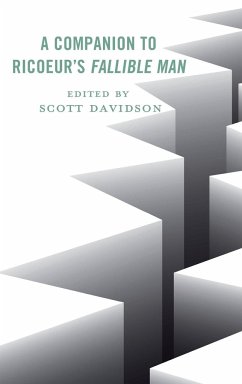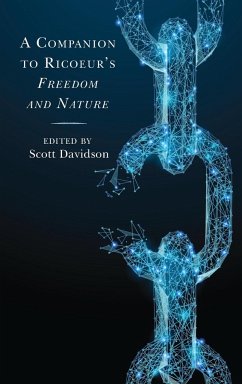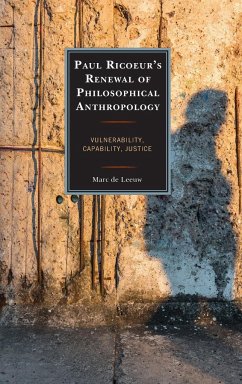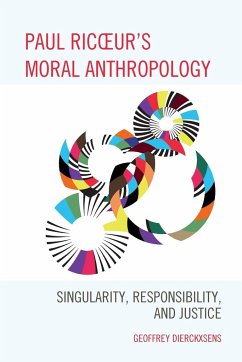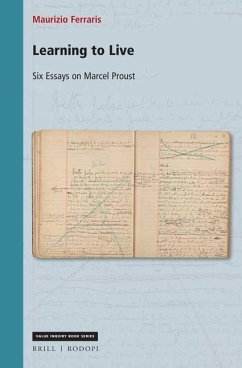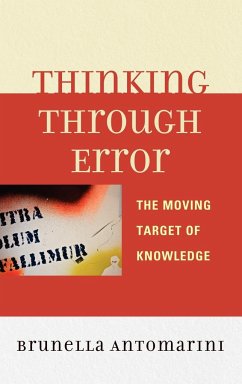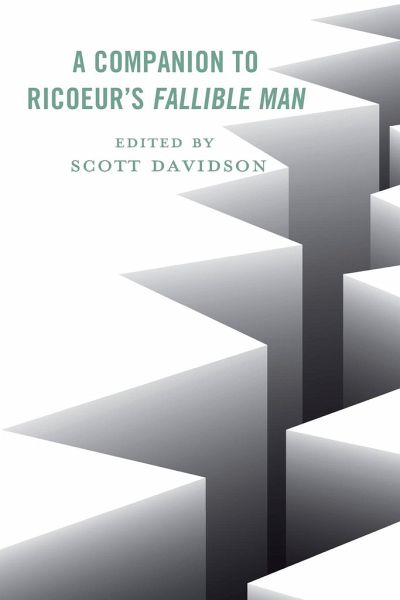
Companion to Ricoeur's Fallible Man

PAYBACK Punkte
20 °P sammeln!
Combining rigor and originality, Ricoeur's Fallible Man locates the possibility of evil in a self that is fundamentally in conflict with itself. The contributors to this volume shed light on an impressive range of themes from the most accessible of Ricoeur’s early writings that resonate with contemporary debates in philosophy and religion.





